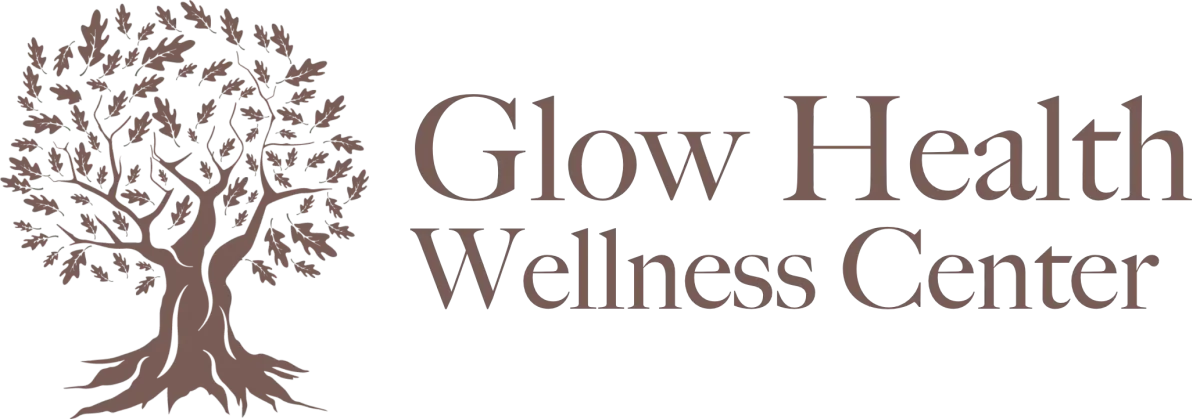
Osteoperosis and Natural Health Tips
As a registered Doctor of Naturopathy, I often have patients who come for help with bone health. One of the most common conditions I see, especially as people age, is osteoporosis.
This is a condition where the bones become weak and fragile, making them more likely to break. What’s tough about osteoporosis is that it usually doesn’t have noticeable symptoms until a fracture occurs. In fact, many people don’t realize they have osteoporosis until they break a bone from something as simple as a fall or even a cough.
And it’s more common than you might think—about 10 million adults in the U.S. over 50 have osteoporosis, and many more have low bone density that could turn into osteoporosis.
I remember one patient, Mary, who came to me in her early 60s. She had always been an active woman—regularly hiking, gardening, and doing yoga. But she started to feel more aches and pains in her body, and even a simple misstep would lead to a painful twist or strain.
After a minor fall, Mary ended up fracturing her wrist, and it was then that she found out her bones weren’t as strong as she thought. Her bone mineral density (BMD) was low, and she was diagnosed with osteoporosis. She was shocked, especially since she thought she was doing all the right things for her health.
Like Mary, many of us don’t realize the importance of bone health until something happens. Osteoporosis happens when the bones lose minerals, like calcium, and become less dense, which weakens them. It's important to understand that bones are living tissues—they’re constantly being built and broken down. When this process gets out of balance, with more breakdown than building, bones get weaker.

So, what can you do to protect your bones and avoid osteoporosis? The good news is that with a few lifestyle changes, you can improve your bone health at any age.
Eat Nutrient-Dense Foods
You’ve probably heard it a million times, but eating well really is the foundation for good health, including bone health. I encourage my patients to focus on nutrient-dense, whole foods like leafy greens, nuts, seeds, and healthy fats.
These foods are packed with essential vitamins and minerals that support bone strength. Calcium is a big one, of course, but you also need Vitamin D (which helps the body absorb calcium) and Vitamin K2 (which helps direct calcium to your bones).
Mary’s diet was decent, but after learning more about her bone health, we focused on a customized food medicine plan and supplementation for her.
Move Your Body
Exercise is one of the most powerful ways to support your bones. Weight-bearing exercises, such as walking, dancing, hiking, or strength training, help stimulate bone growth and prevent further bone loss.
Balance and flexibility exercises, like yoga, Pilates, or tai chi, are also great for bone health because they help prevent falls—something that becomes more of a concern as we get older.
Mary had always been active, but I helped her tweak her routine to focus more on weight-bearing activities and flexibility exercises. She started lifting light weights twice a week and added more yoga into her schedule. Not only did she feel stronger, but her confidence grew as she became less worried about falling.

Reduce Stress
Stress isn’t just something that affects your mind—it can affect your bones, too. When we’re stressed, our body releases a hormone called cortisol. Chronic high levels of cortisol can lead to bone loss by increasing the breakdown of bone tissue and reducing calcium absorption. Managing stress is a big part of keeping your bones healthy.
Mary, like many of us, had a busy lifestyle, balancing work and family. I encouraged her to take some time each day to practice stress-reducing techniques like meditation, deep breathing, and spending time in nature. She found that a short walk every morning helped her feel more grounded and less stressed throughout the day.
Check Your Nutrient Levels
When it comes to bone health, you can’t just rely on a good diet—you need to make sure your body is actually absorbing and using the nutrients properly. I often run noninvasive tests to check if my patients are deficient in key vitamins and minerals that support bone health, such as calcium, Vitamin D, Vitamin K2, and magnesium. Deficiencies can lead to weakened
Limit Toxins
Toxins in our environment—such as chemicals in plastics, cleaning products, and personal care items—can increase inflammation in the body and negatively impact bone health. I always recommend choosing natural products when possible and limiting exposure to harmful chemicals.
Get Your Bone Density Tested
If you’re over 50, it’s a good idea to talk to your doctor about getting a DEXA scan, which measures your bone mineral density (BMD). This test can help detect low bone density before it leads to osteoporosis or fractures. If your doctor doesn't offer it, a simple conversation can get the ball rolling.

The Bottom Line
Osteoporosis is a condition that sneaks up on many people, but it doesn’t have to be a part of your future. By focusing on nutrition, staying active, managing stress, and regularly checking your bone health, you can protect your bones and feel strong as you age. Mary is a great example of how making small but powerful changes can improve bone health and overall quality of life.
As a doctor of naturopathy, I’m passionate about helping people take a holistic approach to their health. When it comes to bone health, the earlier you start making healthy choices, the better your bones will be down the road. I always tell my patients: take care of your bones now, so you can enjoy an active, pain-free life as you get older.
If you're ready to take control of your bone health, I invite you to schedule a consultation today to create a personalized plan tailored to your needs. Let’s work together to keep you strong and thriving.

